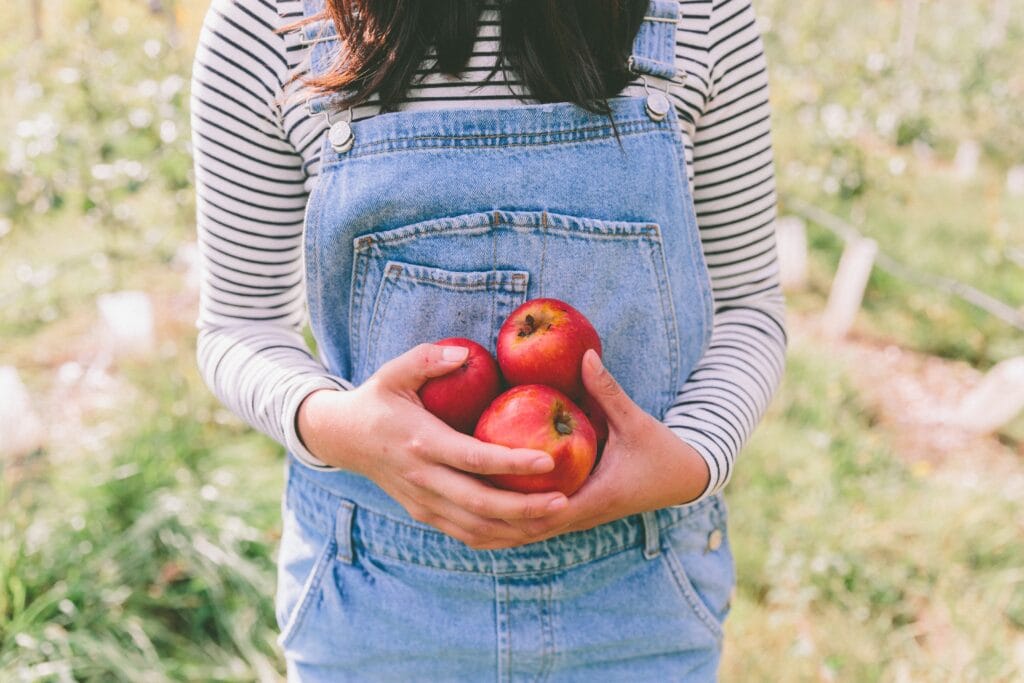
“As for the future, it remains unwritten. Anything can happen, and often we are wrong. The best we can do with the future is prepare and savor the possibilities of what can be done in the present.”
– Todd Kashdan
We feel it all around us. Anxiety. Fear. Even panic. It is in the air and on the faces of those we come into contact with when we are brave enough to leave the house. Whether we’re requisitioning supplies or on our way to do essential life-saving or economy-boosting work, it’s impossible not to notice the radical changes all around us. Our ‘normal’ life seems like a distant memory and we worry that it’s slipping away from us.
Considering this virus is spread from human to human, it’s almost impossible not to look around and see others as “the problem”. We review their actions from a distance. From one side: “Look at how they’re overreacting!” And from the other: “They’re not taking this seriously!” or “They’re not being careful enough!” And the exasperated cry from both: “See how they’re making this worse?!?”
We spread criticism, place judgment, and feel the mistrust quickly rising to the surface.
In many ways, our reaction to the world around us and those inhabiting it is reminiscent of the fears so commonly associated with trauma. When we believe, even for what seems like good reasons, that the world is a dangerous place, that others cannot be trusted, that the only way to stay safe is to isolate, we are setting a dangerous precedent for the long-term.
Although these beliefs, and the subsequent actions, are protective for us at this moment in time, we wonder about the future: “how will life change because of this?”, “will things ever go back to ‘normal’?”, or “can I trust others to ‘do the right thing’?”
Getting Lost in the “What if’s?”
In addition to the fears rooted in our perception of other people during this time, we must also contend with our fears about the future. For many of us, we have a constantly running doomsday news-ticker in our minds, either from the news channel we refuse to turn off or from the headspace that we now devote to harboring our “Coronavirus Filter”.
Despite the knowledge that it’s not healthy for us, we continue contemplating each aspect of our lives in the light of the current pandemic. We wonder about future plans, about the impact of this shutdown on the economy, about birthdays spent in isolation, about the next time we’ll be able to see our family.
However, when we stop to think about it, our fears about what might happen, and our endless spinning trying to adjust and make plans before we have all the needed information has actually done nothing to change the challenge we’re facing. But before we know it, we’ve lost days and weeks wondering about a future scenario that will play out in ways that are out of our control and that we cannot accurately predict.
Our Intentions are Powerful
During this time, we must remember the Law of Attraction. In light of the fear and anxiety many are experiencing, this is a very powerful notion: by giving into anxious thoughts and behaviors, we are attracting more of exactly what we don’t want.
Each day we make choices about how we spend our time, what messages we allow in, and how much free rein we give our minds to roam. Each of these choices and the energy we devote to it announce our intentions to the Universe about what we desire. Ever the benevolent mother, she grants our request, allowing us to shape our future.
“Each intention — anger, greed, compassion, understanding — sets energy into motion… What you intend is what you become…Power is energy that is formed by the intentions of the soul. It is Light shaped by the intentions of love and compassion guided by wisdom. It is energy that is focused and directed toward the fulfillment of the tasks of the soul upon the Earth.”
– Gary Zukav – The Seat of the Soul
When we find ourselves off course, whether due to the pandemic or due to deep-seated resentment or long-standing anxiety, only by learning to tap into an awareness of self can we change direction.
This process involves first recognizing the plot of land we’ve been cultivating and then weeding away that which is blocking access to light and making space for the virtues growing beneath. The weeds might show up as obsessively watching fear-mongering news programs, daily online searches for confirmation that the virus is still spreading, or that people are still not taking it seriously. Maybe even the conversation that you had with your best friend last night where you thought you were just “venting” but in actuality, it was more of a deep dive into fear, anger, and resentment. What seeds are we planting here?
When the soil and conditions favor the growth of the rapidly multiplying weeds of negative thoughts rather than the compassion, empathy, and sense of peace we intended to grow, it’s no time to give up. Rather, we press on, with more diligence. The weeds will still sprout, but our task is to notice them and heed their warning that we need to bring in more light energy or to cultivate a deeper connection to our faith in divine creation.
Creating a garden to be proud of begins with awareness, and moves into acceptance of the conditions of growth, and requires us to be clear about setting intentions for what we seek to cultivate.

What Can We Hope For Our World?
Extending this metaphor, we can consider the community garden that our plot of land belongs to.
We are all facing the same conditions of growth, although it may appear to rain harder on some than on others. For those of us with a free hand, we may want to consider helping to construct a shelter for those who need it most.
While so many are sowing fear, we can look to others who are sowing love as an example of how we would like to grow our gardens. We can take our cues from those who have learned skills and crafted tools meant to keep their garden growing, even in the midst of adversity.
We can partake in the collective understanding that this is a difficult season, that there have been many losses, and that there is uncertainty about the crop we’ll harvest on the other side. However, things can get better. There is possibility. Out of every crisis there is opportunity. What do we want to manifest?
Despite the vastness of the unknown, we can look for the unexpected moments of hope and serenity now. We can take this time to redesign our garden and cultivate our plot with more Self-directed purpose and meaning.
- In place of blind consumerism and competition, can we imagine a better picture of life as a human?
- Instead of endlessly running in the rat race, can we take this time to connect with our deeper selves and re-examine how we are spending the little time we have here in this life?
- Instead of the usual isolation and Netflix binge, can we find ways to appreciate the value of community and human connection and bring more of it into our lives?
- In place of our usual self-indulgence and instant gratification, can we donate our time or extra money to help some of our fellow humans who are less fortunate?
- Without the busyness and excuses of the past, can we take time to reach out to a friend who is struggling and offer our help?
- In place of our daily or sometimes hourly contemplation of “what do I want?”, can we ask ourselves some new questions like: “How can I serve? What can I give? What is really important in life? What issues do I care deeply about and how can I make a difference?”
Ultimately, where there was once darkness and ignorance, we can shine a light to better prepare for the future ahead.
Steps can be taken to make sure that our plot takes on the characteristics of the world we’d like to see created. Again, what are we sowing? Are we engaging in the weeding process? At the core of these questions is this: How are we contributing to the collective positivity?
The Happiness Formula is Broken
Positive psychology expert Shawn Achor reminds us that so often we live our lives in pursuit of happiness but with a broken formula; in our belief that hard work leads to success, and success leads to happiness.
In his humorous and inspiring TED Talk, he describes the fault in this logic. Rather than reaching our goals and allowing the wave of happiness to wash over us, we instead adjust our definition of “success”, and in doing so, subscribe to a pattern where happiness is ever over the horizon. In this line of thinking, happiness is unattainable because there is always more to get, more to see, more to do, more to accomplish.
However, as he describes, if we can reverse the formula and learn to embrace our happiness now, there is a whole host of positive benefits that will arise, including more productivity, less burnout, and more fulfillment.
Although his research has focused on the workplace, in our current economic and social climate, it is important to remember these truths, and the fundamental concept that “90% of your long-term happiness is predicted not by your external world, but by the way your brain processes the world”.
How to Practice Positive Psychology
Through simple, small acts, we have the potential to infuse our lives with happiness now, using the very skills that Achor is sharing with businesses, schools, and entire communities.
-
Evolving Gratitudes
By writing 3 new things to be thankful for each day, and doing so for a period of 21 days, studies have shown that we are able to re-train our brain to scan the world for the positive, rather than our natural state of focusing on the negative.
-
Journaling Experiences
In taking the time to write about one positive experience we have each day, we are also training our brain to revel in positivity, to pause and reflect on what’s going right.
-
Exercise
As we are now well aware, our bodies and minds are so clearly linked. Not only does physical exercise trigger the release of dopamine, it also creates a sense of mental fortitude when we remember our strength and our ability to overcome challenges.
-
Meditation
As Achor puts it, meditation is helpful in that it allows us to “get over our cultural ADHD” as we are able to focus on one thing at a time, and practice being still in present moment awareness. With practice, we gain the first-hand experience of the power of our will, and our ability to overcome the fears, doubts, desires, and attachments of the mind. We develop a powerful ability to stay happy even through adversity and say to ourselves “this too shall pass”, and rest peacefully in the knowledge that it is so.
-
Intentional Acts of Kindness
The science of positive psychology shows that by doing kind things for others we are actively shaping our environment to be one of appreciation and support. In the same way as when we’re scanning our world for things to be grateful for, in looking for opportunities to employ our unique gifts or skill set for the benefit of others, we are re-training our brain to see ourselves as capable, competent, and as an agent of positive change.
Each of these small acts, when put together and practiced over a 21 day period of time, are key elements in actually changing the way that our brains, and thus “we”, perceive our world. Again, the choice is ours, whether we want to practice the skills that are known to widen our perspective, or whether we wish to continue feeding into negativity and fear.
In so many ways, the advice here comes down to a simple truth: we become what we choose to think. And don’t be mistaken, the choice is ours.


